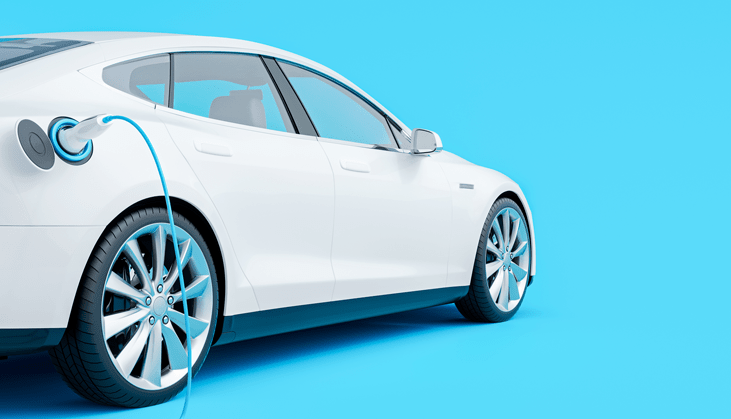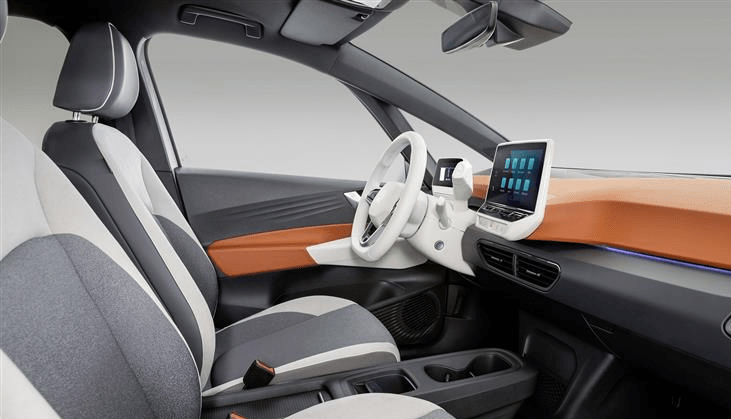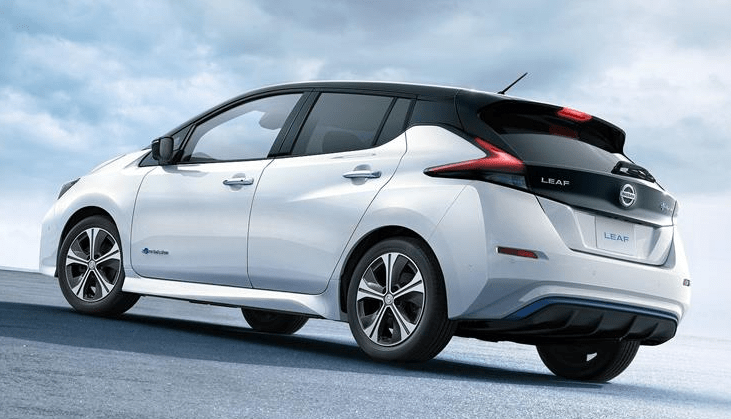Electric cars are better for the environment, have cheaper running costs and are often a smoother and safer driving experience. There’s no doubt that choosing to drive an electric car is a wise choice.


If you’ve decided electric is the right choice for you, the next question is to ask yourself is whether it’s better to buy or lease an electric car.
Why lease an electric car?
Leasing is essentially a long term rental agreement and can be a more attractive option than buying an electric car either outright or on finance due to its flexibility.
The cost of leasing
Currently, electric cars in the UK are expensive to buy. Purchase outright, and you’ll need a large chunk of cash.
Buy on finance and you could be locked into a long term contract with larger monthly payments than a lease. And as electric cars and their technology are getting better every year, your vehicle could date sooner than you’d like.

With leasing, you can drive away with a new, high tech electric car for a reasonable deposit and lower monthly payments.
On top of that, electric cars have much cheaper running costs than petrol or diesel. Not only because of fuel, but they are also exempt from road tax, congestion charges and are also cheaper to service due to fewer moving parts.
So over the longer term, you can make substantial savings.
No concerns about depreciation
As soon as you drive off in your brand new car, it immediately depreciates, giving it a lower resale value, which can be even lower with electric vehicles. However, when you lease an electric vehicle, you don’t need to worry about this problem, as you never own the car.
Access to newer cars
When you choose to lease an electric car instead of buying one, you can drive a newer model every one to three years. With advances in electric car technology rapidly moving, it means you will always have access to an up-to-date vehicle.


Afford a higher spec vehicle
Electric cars can be pricey, and the higher-spec they are, the more out of reach they can be.



As the monthly payments of a leased vehicle are lower than car finance, you could be able to afford a better or more expensive car. Better features, more tech, improved options or even a better make and model can be within your grasp.
Affordable maintenance
Strictly speaking, electric cars are usually easier to maintain than their petrol and diesel counterparts. So whether you buy or lease, you can save money in this respect.

The biggest cost with an electric car usually comes when it’s time to change the battery. However, this doesn’t happen until about 8-10 years down the road, and your lease will be over.
The difference with leasing is that you have the option of adding a maintenance package to your lease agreement for an additional cost. That means there would be no unexpected repair costs to worry about throughout the contract.
You only drive the car while it’s new
The first three years of ownership are the best, as that’s when there’s a much lower risk of anything happening with the car. So you only have the car during its trouble-free years. Plus, as it’s a new electric car, it will still fall under the warranty period, giving you added peace of mind.


There’s no obligation to buy
As soon as the lease is over, you can hand the car back and either lease another new electric vehicle or decide to go in another direction. As long as you haven’t gone over the mileage allowance and the car is in good condition, you have no more obligations – financial or otherwise.
Why buy an electric car?
As electric cars move into the mainstream market and become even more accessible, buying one – either outright or through car finance – can have more advantages than the obvious environmental benefits.
Car ownership
If you want to own your electric car for as long as possible and have complete control of it, buying could be a better option for you. The longer you own it, the more value you will get out of it, as it becomes an investment. If you take out finance on the car, you’ll have more money in your bank account when you’ve paid for the car.
Overall cost and grants
Although leasing a car can save you money in the short term, buying will always save you more in the long run. The price of electric vehicles is becoming more affordable all the time, and cars that cost £35,000 or less are eligible for the plug-in car grant, which is worth up to £2,500. While depreciation is always considered when buying a car, the resale value of used electric vehicles is rising as more people look to drive them.
Fewer restrictions
Leasing has many benefits, but it also comes with a few restrictions. Some of those include caps on mileage and modification. If you go over the mileage allowance set out in your contract, you can get a hefty charge. Likewise, as the leasing company owns the car, you cannot make modifications without their permission.
When you own your electric car, you are free to drive it however far you like and make any modifications you want without the fear of costly fees. However, you need to remember that you don’t own the car until you’ve paid your finance.
Lower running costs
Buying an electric car may be good for the environment, but it’s also good for your pocket.
Not having to pay for petrol or diesel could already save you thousands, especially given recent price rises. Utility companies are also starting to provide electric car owners incentives for charging their cars at off-peak times, helping them make substantial savings.
Electric cars are also exempt from road tax, as well as congestion charges in cities. Depending on the council you’re in, you could also qualify for free or discounted parking.
When it comes to maintaining your electric car, you can also see some substantial costs here too. Servicing an electric car is generally cheaper because they have fewer moving parts, plus there’s nothing like oil to change.

If you’re looking for your own electric car, or wondering what’s on offer, you can browse our electric model stock here.
 Special Offers
Special Offers

 20th July 2021
20th July 2021  6 min read
6 min read 